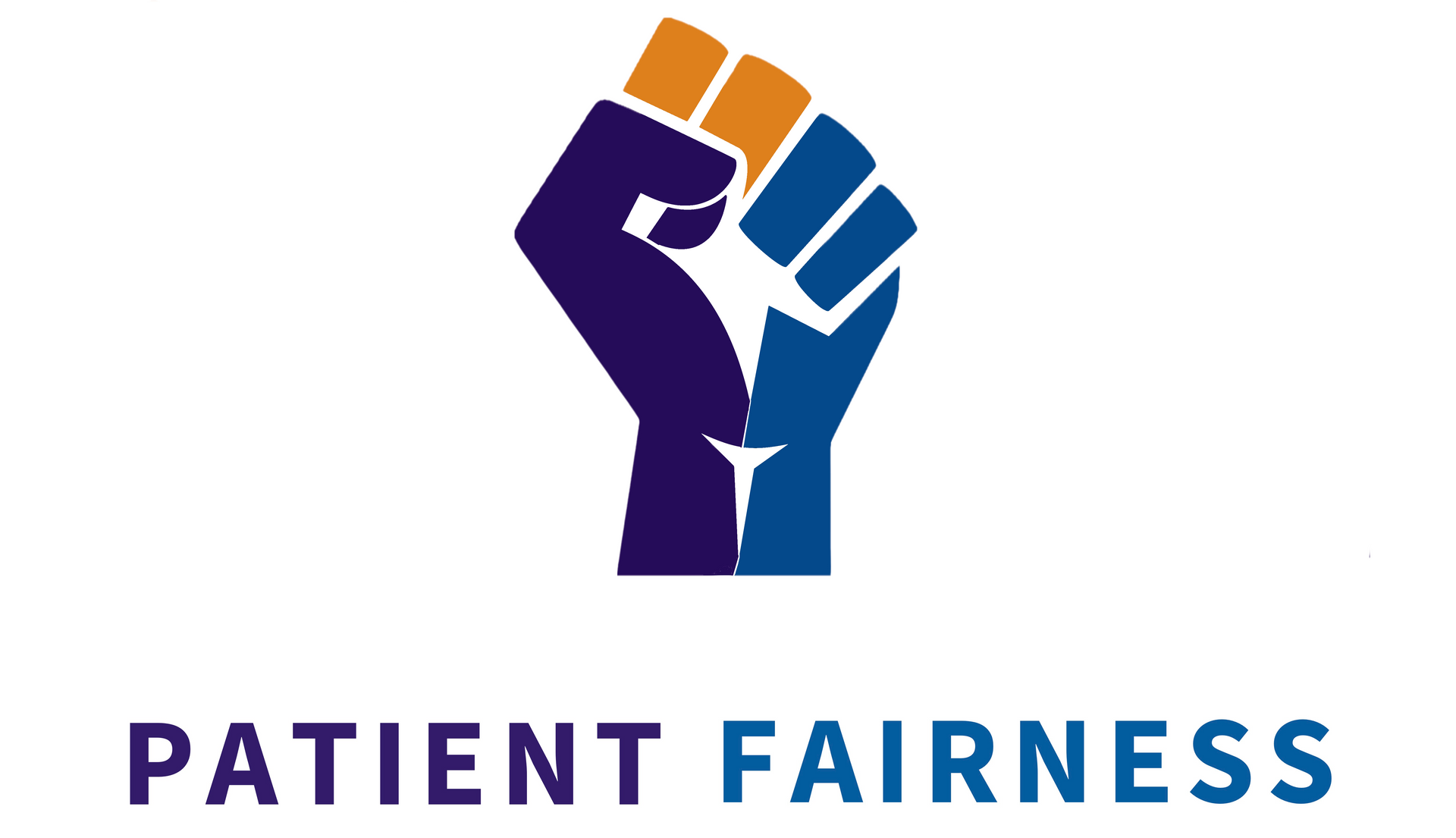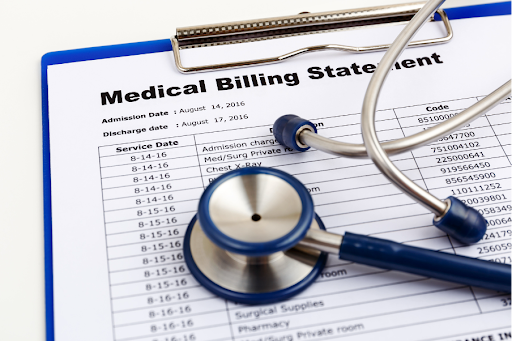Dispelling the Prevailing Wisdom on Disputing a Medical Bill
Each year, tens of millions of Americans are hit with confusing, bloated, and often unfair medical bills. The conventional advice? Check for errors, ask for itemized bills, and politely request discounts. But what if that advice misses the real problem entirely?
At Patient Fairness, we believe it's time to rethink how patients approach medical bills. Most problem medical bills don't come down to billing mistakes—they come down to outrageously high Medical Bill Prices about which the patient is rarely informed, or agreed to pay, in advance of services. In this blog, we’ll show you why challenging inflated medical bill prices—not pleading for discounts or focusing on line-item errors—usually is the most effective way to dispute a medical bill.
Why Most Medical Bills Are Unfair
The dominant narrative around medical billing assumes the problem lies in technical errors or bureaucratic mistakes. But in truth, two fundamental issues make most medical bills unfair:
- The prices are egregiously high, far beyond what most patients consider reasonable.
- There was no shared agreement between patients and providers about those prices prior to services.
Let’s be clear: hospitals routinely charge patients four to ten times more than their actual costs of delivering services. According to data hospitals file with CMS (Centers for Medicare & Medicaid Services), the average markup is about 400%, with some charging over 1000%.
Even with insurance, patients face prices averaging 2.5 times the cost of care. And these prices are not just high—they’re often not disclosed until after services are delivered and the bill is issued. That lack of transparency violates the basic contract principle of a "meeting of the minds," where both parties must agree to terms, including pricing.
Don’t Waste Time on Itemized Bills
Standard advice often starts with "Request an itemized bill," followed by “Identify services that were not provided or double-billed, and lastly, “ask for the errors to be removed from the bill” Aside from that medical billing and coding is complex and confusing to make it difficult or impossible for the average patient to identify such an error, even if you do catch a double charge or a service you didn’t receive, it distracts from, and does nothing to solve for, the elephant in the room—the prices are too darn high.
Think of it this way: If you’re charged $50 for a loaf of bread, does it matter if the clerk rang up 12 loaves when you bought only 10? Even if you get two loaves taken off, you're still paying $500 for the bread (v.s $600). Instead, arguing that bread should cost a more reasonable $6 per loaf, not $50, could reduce your bill to $72, a much lower cost, even if you pay for 12 loaves instead of 10.
This is exactly why disputing a medical bill based on excessive pricing yields far better results than focusing on line-item corrections.
Don’t Ask for Mercy—Demand Fairness
Another common myth is that you need to ask the hospital or provider for help—maybe they'll give you a discount if you're nice enough. That approach assumes the provider has all the power and you’re at their mercy.
But medical billing is a market transaction. You are a consumer, and you have every right to demand a fair price. Imagine buying a car or groceries and being told you can’t question the price. That wouldn’t fly in any other industry—so why tolerate it in health care?
The truth is: If you didn’t agree to a price upfront, you don’t automatically owe it. And if the provider never disclosed the cost of services in advance, it’s unreasonable for them to act as if you agreed to pay whatever they decide to bill.
The Core Problem: Medical Bill Prices
The majority of problem bills are unfair because of the Medical Bill Prices themselves. Prices have risen sharply:
- From 2000 to 2022, hospital prices increased 220% more than general inflation.
- Physician prices increased 130% more than general inflation over the same period.
These price hikes are the main reason U.S. health care costs are the highest in the world.
The solution? Focus your dispute on the price.
How to Dispute Based on Price—Not Favor
When you receive a problem medical bill, your goal isn’t to plead for kindness. Your goal is to present a clear, factual dispute that questions whether the amount billed is reasonable and really owed.
Use reliable benchmarks:
- Medicare Rates – what the government pays for the same services.
- Hospital Cost Reports – what the provider reports it actually costs to perform the service.
At Patient Fairness, our Medical Bill Price Review uses these exact benchmarks to help patients push back.
If a hospital billed you $5,000 for a procedure, and you learn that it costs the hospital $500 to render the services, you may use that information as grounds for a dispute. You didn’t agree to pay $5,000, and don’t consider a 10x markup and $4,500 in profit margin to be fair. By disputing the medical bill, and the prices charged,ou’re not asking for mercy from the provider—you’re demanding fairness from the provider based on facts and what you think is fair.
Formal Disputes Work Better Than Begging
A professional letter of dispute gives you a written record and places the burden back on the provider to justify their charges. It says: “Here are the facts. I didn’t agree to this price prior to services, and I don’t agree with it now. Let’s resolve this fairly.”
Many providers may ignore you at first. That’s why persistence matters. But the law is increasingly on your side. Thanks to the No Surprises Act and growing state protections, patients now have more tools to challenge medical billing abuse.
Even if the process takes time, a principled and persistent stance gets better results than a polite plea for help.
Take Control with Patient Fairness
At Patient Fairness, we offer tools that help you take charge:
- The Problem Medical Bill Assessment to identify potential reasons to dispute your particular medical bill.
- A professionally crafted Letter of Dispute that cites the specific issues on which you are basing your dispute, including price concerns, legal protections, and other sound arguments.
- The Medical Bill Price Review to evaluate the prices charged.
- Evaluation of Proposals to settle the dispute, both proposals from the provider, and proposals you consider making to the provider.
- Ongoing support through resolution.
- Fair and affordable prices for Patient Fairness’s services, starting at just $49.
You’re not a confused or intimidated patient at the mercy of the billing provider. You’re an informed and confident consumer demanding a fair transaction.
Start your
free Problem Medical Bill Assessment today and fight back the smart way.











